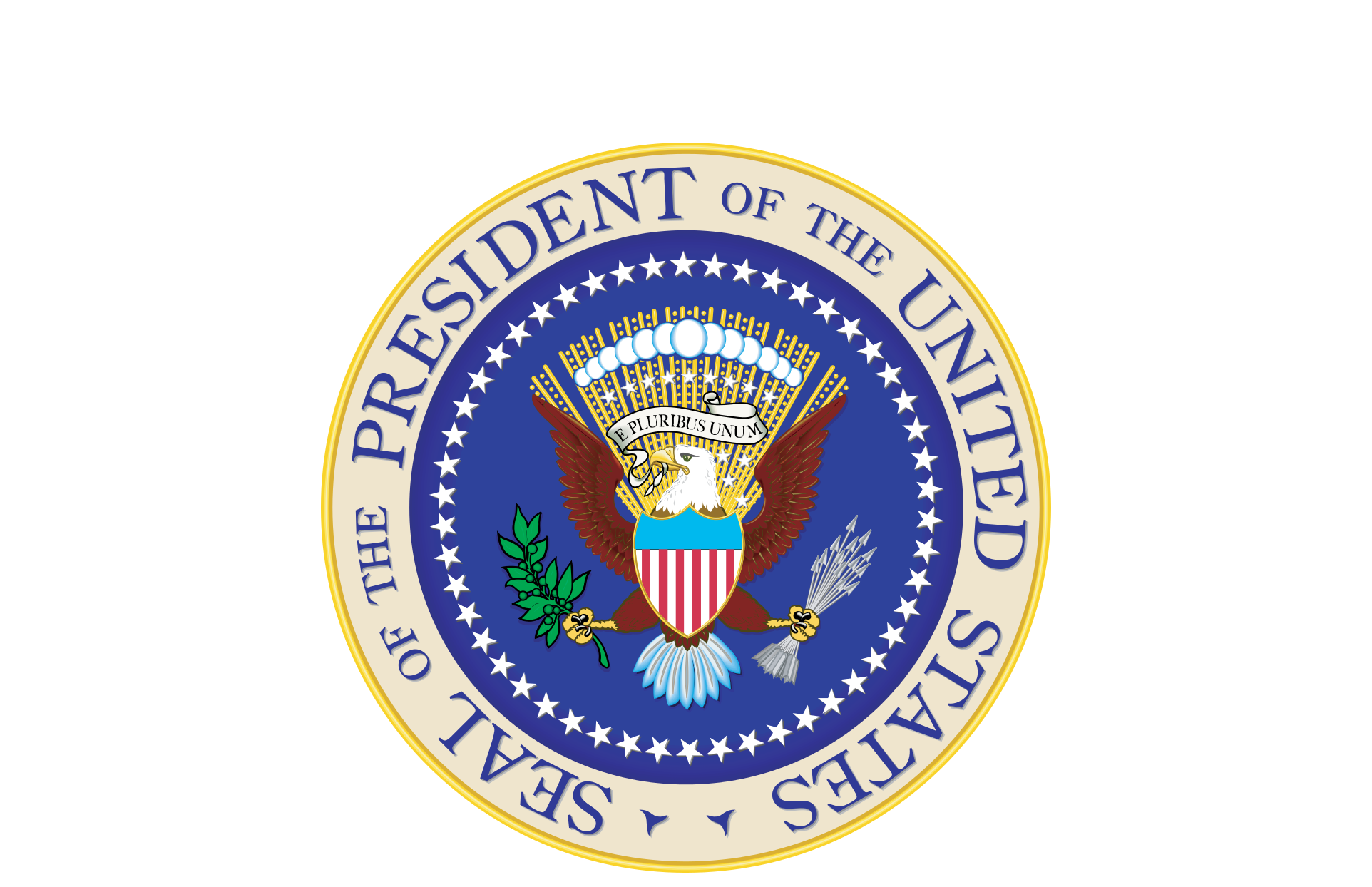
Can the Government Seize Your Emergency Food/Water Supplies?
Through a series of executive orders (declarations by a US president without congressional approval), the federal government, if it chooses, has been empowered to take excess supplies from citizens during a state of emergency. The orders clearly state in detail, what can be seized by the government. What is not clearly stated, is what parameters are required to declare a state of emergency and what exactly are excess supplies.
The purported theory behind these orders is to prevent hoarding. However, they do not address what constitutes hoarding and what constitutes emergency preparedness. Most people would agree that if a crisis hit a town or region and someone bought up most of the area’s baby formula for themselves, that would be hoarding. But what if someone bought an extra can of beans each week at the supermarket and eventually had two cases worth of beans on the shelf as a buffer against rising prices or hard times? What if they live alone and have three one pound bags of coffee? Is any of that hoarding?
There probably was a “greater good” approach behind the executive orders, but with their verbiage open to interpretation, the Swiss cheese effect of their language undermines the societal good that may have been intended.
Further, refusing to cooperate when government officials come knocking won’t be without reprisal. If it’s a declared emergency or a martial law situation, you can expect the national guard or military to force you to stand down. Additionally, states may also have laws allowing for confiscation of private resources and supplies that you’ve invested time and money to build a surplus of. They may even become the spoils fought over by federal and state jurisdictions while you standby helpless to intervene.
You may choose to take actions to protect the resources you acquired like food, water, blankets, liquor, fuel, ammunition, weapons, precious metals, tools, or anything the government deems it wants and you don’t want them to confiscate. However, not handing over the resources they demand might have consequences, especially under martial law or other future enacted government proclamations. Penalties for not cooperating may be severe.
For example, you might choose to divide up your resources and camouflage them in multiple locations in your home or, you might have relatives and friends hide portions in their homes. Before a confiscation happens you may elect to distribute resources to recipients of your choosing, as you see fit. You may decide to sell off your supply or even destroy it. If the orders are executed and your actions are discovered, you may be punished. And keep in mind, the government has many technologies for detecting hidden resources such as metal detectors, radar, infrared, etc.
While it may seem like these executive orders are a huge overreach and infringement on property rights, freedom of choice, or expression and arguably they are, the orders are in full force right now. Until these declarations are overturned, you not only have to be concerned about criminals taking your valuable and life-sustaining provisions, but the very government that is supposed to serve you.
